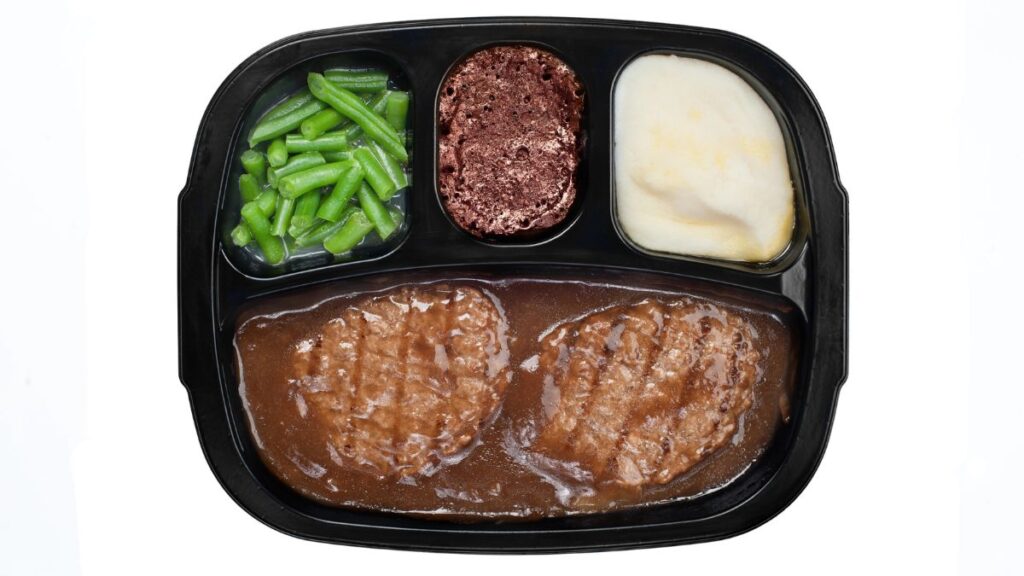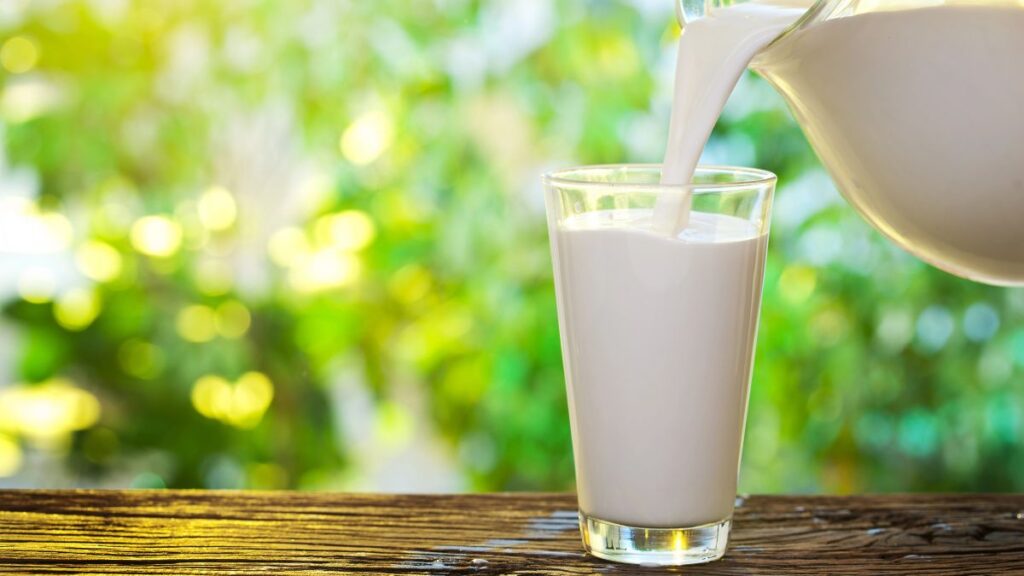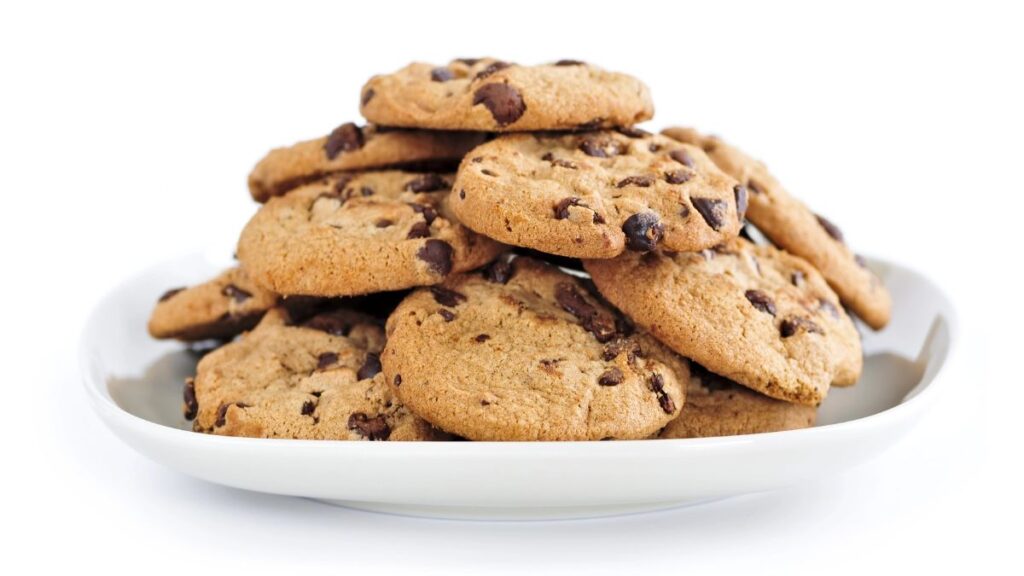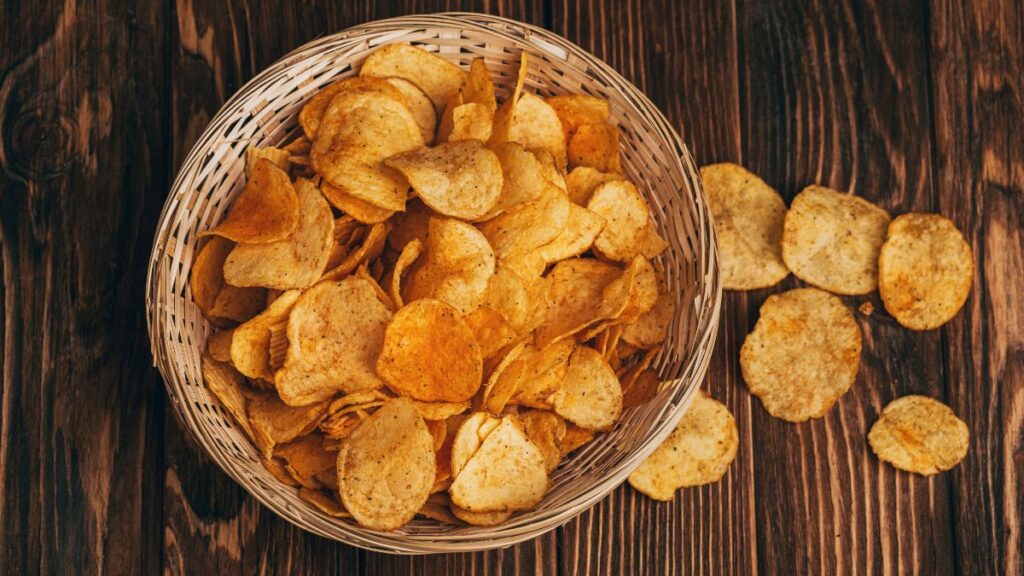15 Foods You Need To Avoid to Reduce the Risk of Depression
Your diet plays a significant role in your mental health, and certain foods can have a negative impact on your mood and overall well-being. While eating a balanced, nutritious diet is key to maintaining good mental health, it’s also important to be aware of foods that may contribute to feelings of depression and anxiety.
These foods can affect brain function, hormone levels, and energy, all of which are crucial for maintaining a positive mood. By avoiding or limiting these 15 foods, you can help protect your mental health and reduce the risk of depression.
Sugary Beverages

Sugary drinks, like sodas and energy drinks, are loaded with refined sugars that can cause your blood sugar levels to spike and crash. This rollercoaster effect can lead to mood swings, irritability, and feelings of depression.
Over time, consuming too much sugar can also lead to inflammation in the brain, which has been linked to depression. It’s best to replace sugary beverages with water, herbal teas, or natural fruit juices that don’t have added sugars. By cutting out these drinks, you can maintain more stable energy levels and a more balanced mood throughout the day.
Processed Foods

Processed foods, such as packaged snacks, frozen meals, and fast food, are often high in unhealthy fats, sugars, and additives. These ingredients can negatively impact your brain health and contribute to feelings of depression.
Many processed foods also lack essential nutrients that your brain needs to function properly, such as omega-3 fatty acids, vitamins, and minerals. Opting for whole, unprocessed foods like fruits, vegetables, and whole grains can help you maintain better mental health. Making this switch can improve your mood and provide your body with the nutrients it needs to thrive.
Refined Carbohydrates

Refined carbs, like white bread, pastries, and pasta made from white flour, can cause your blood sugar levels to rise and fall rapidly. This can lead to fatigue, irritability, and mood swings, which can all contribute to feelings of depression.
These foods are also low in fiber and other nutrients that support brain health. Instead, choose whole grains like brown rice, whole wheat bread, and oats, which provide more sustained energy and support a stable mood. This simple change can make a big difference in how you feel throughout the day.
Artificial Sweeteners

Artificial sweeteners, found in many diet sodas, sugar-free snacks, and low-calorie foods, may seem like a healthier alternative to sugar, but they can have negative effects on your mood. Some studies suggest that certain artificial sweeteners, like aspartame, can interfere with the production of serotonin, a neurotransmitter that helps regulate mood.
This can lead to increased feelings of depression and anxiety. To avoid these risks, try to reduce your intake of artificial sweeteners and opt for natural sweeteners like honey or maple syrup in moderation.
Fried Foods

Fried foods, such as French fries, fried chicken, and doughnuts, are typically high in unhealthy trans fats and omega-6 fatty acids. These fats can cause inflammation in the brain and interfere with the production of mood-regulating hormones.
Regular consumption of fried foods has been linked to an increased risk of depression and other mental health issues. To protect your mental well-being, try to limit your intake of fried foods and opt for healthier cooking methods like baking, grilling, or steaming. This can help reduce inflammation and support a more positive mood.
Alcohol

While a glass of wine or a beer might seem like a way to relax, alcohol can have a significant impact on your mood and mental health. Alcohol is a depressant, and excessive consumption can lead to mood swings, anxiety, and depression.
It can also disrupt sleep, which is crucial for maintaining good mental health. If you’re struggling with your mood, it might be helpful to reduce or eliminate alcohol from your diet. Choosing non-alcoholic beverages or drinking in moderation can help you maintain better emotional balance.
High-Sodium Foods

Foods that are high in sodium, such as processed meats, canned soups, and salty snacks, can have a negative impact on your mental health. Excessive sodium intake can lead to dehydration, which can cause fatigue and mood swings.
High sodium levels can affect your body’s stress response, potentially leading to increased feelings of anxiety and depression. To support your mental health, try to reduce your intake of high-sodium foods and opt for fresh, whole foods that are naturally low in sodium. This can help you feel more balanced and energized.
Caffeine

While moderate caffeine intake can boost energy and focus, excessive consumption can have the opposite effect, leading to increased anxiety, restlessness, and depression. Caffeine can also disrupt sleep, which is vital for mental health.
If you find that caffeine makes you feel jittery or affects your sleep, cutting back or switching to decaffeinated options might be helpful. Herbal teas or naturally caffeine-free beverages can be a great alternative, helping you stay calm and focused without the negative side effects.
Dairy Products

For some people, dairy products like milk, cheese, and yogurt can contribute to feelings of depression, especially if they have a sensitivity or intolerance to dairy. Dairy can cause inflammation in the body and brain, which has been linked to mood disorders.
If you suspect that dairy might affect your mood, try eliminating it from your diet for a few weeks to see if you notice a difference. Many plant-based alternatives, such as almond milk, soy yogurt, and dairy-free cheeses, can help you maintain a balanced diet without the potential negative effects on your mood.
Red Meat

Red meat, such as beef, pork, and lamb, is a good source of protein and iron, but consuming too much of it, especially processed red meat, can be linked to an increased risk of depression. Red meat is often high in saturated fats, which can lead to inflammation in the body and brain.
Processed meats, like bacon and sausages, are also high in sodium and preservatives, which can negatively impact mental health. If you’re concerned about the effects of red meat on your mood, try to limit your intake and include more plant-based protein sources like beans, lentils, and tofu in your diet.
Sweets and Desserts

Indulging in sweets and desserts like cakes, cookies, and candies can give you a quick energy boost, but it often comes with a crash that can leave you feeling tired and irritable. High sugar consumption has been linked to inflammation and imbalances in brain chemicals that regulate mood.
Over time, this can contribute to feelings of depression and anxiety. To reduce the risk, limit your sugary treats intake and opt for healthier options like fruit, dark chocolate, or homemade snacks made with natural sweeteners. These choices can satisfy your sweet tooth without the negative impact on your mood.
Gluten

For individuals with gluten sensitivity or celiac disease, consuming gluten-containing foods like bread, pasta, and baked goods can lead to inflammation and other health issues, including mood disturbances. Some studies suggest that gluten can affect brain function and contribute to feelings of depression and anxiety in sensitive individuals.
If you suspect gluten might be affecting your mood, try eliminating it from your diet and see if your symptoms improve. Many gluten-free alternatives can help you maintain a varied and enjoyable diet without the potential negative effects on your mental health.
Highly Processed Snack Foods

Highly processed snack foods like chips, crackers, and packaged sweets are often loaded with unhealthy fats, sugars, and artificial additives. These ingredients can disrupt brain function and contribute to feelings of depression and anxiety.
These snacks are usually low in nutrients, which can leave you feeling sluggish and unbalanced. Instead of reaching for processed snacks, try choosing whole foods like nuts, seeds, or fresh fruit that provide sustained energy and support brain health. Making this switch can help you feel more energized and emotionally stable.
Hydrogenated Oils

Hydrogenated oils, found in many margarine products, baked goods, and processed snacks, are a source of trans fats, which have been linked to inflammation and an increased risk of depression. Trans fats can interfere with brain function and hormone regulation, leading to mood disturbances.
To protect your mental health, avoid foods containing hydrogenated oils and opt for healthier fats like olive oil, avocado, and nuts. These healthier fats can support brain function and help you maintain a positive mood.
Processed Meat

Processed meats, such as sausages, hot dogs, and deli meats, are often high in sodium, preservatives, and unhealthy fats, all of which can negatively impact mental health. Studies have shown that a diet high in processed meats can increase the risk of depression and other mental health issues.
These foods can also contribute to inflammation and disrupt the balance of neurotransmitters in the brain. To reduce the risk, try to limit your intake of processed meats and choose fresh, lean protein sources like chicken, fish, or plant-based alternatives. This simple change can help you support your mental well-being and overall health.
15 Practical Ways to Save Money During Retirement

Entering retirement doesn’t have to mean giving up a comfortable lifestyle. With strategic planning and simple adjustments, it’s possible to make the most of your retirement income and enjoy a financially secure life.
15 Practical Ways to Save Money During Retirement
15 Foods Only The Wealthy and Elite Can Eat Now

Culinary trends are constantly evolving, and some foods have become more than just sustenance—they’ve become status symbols reserved for the elite.







